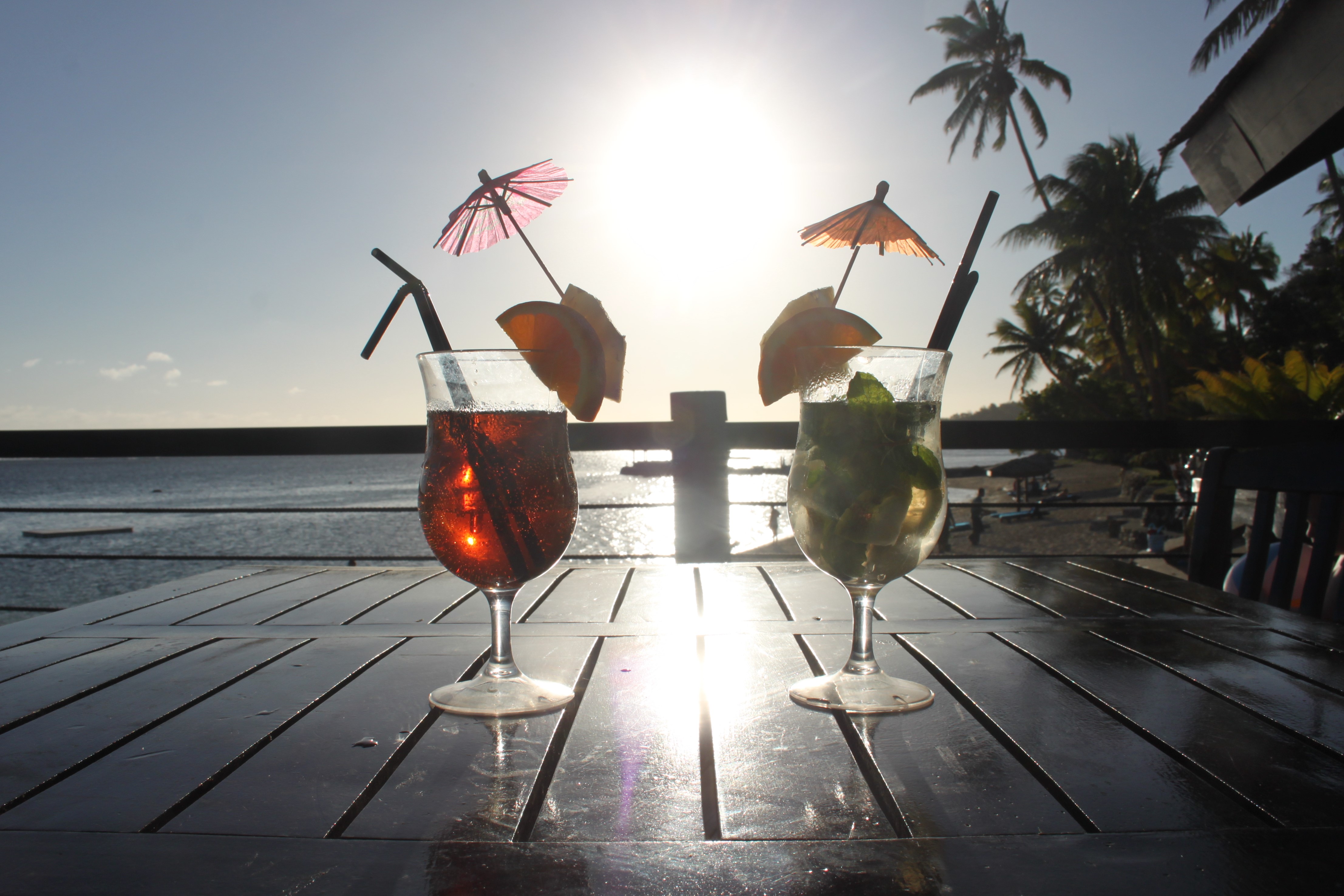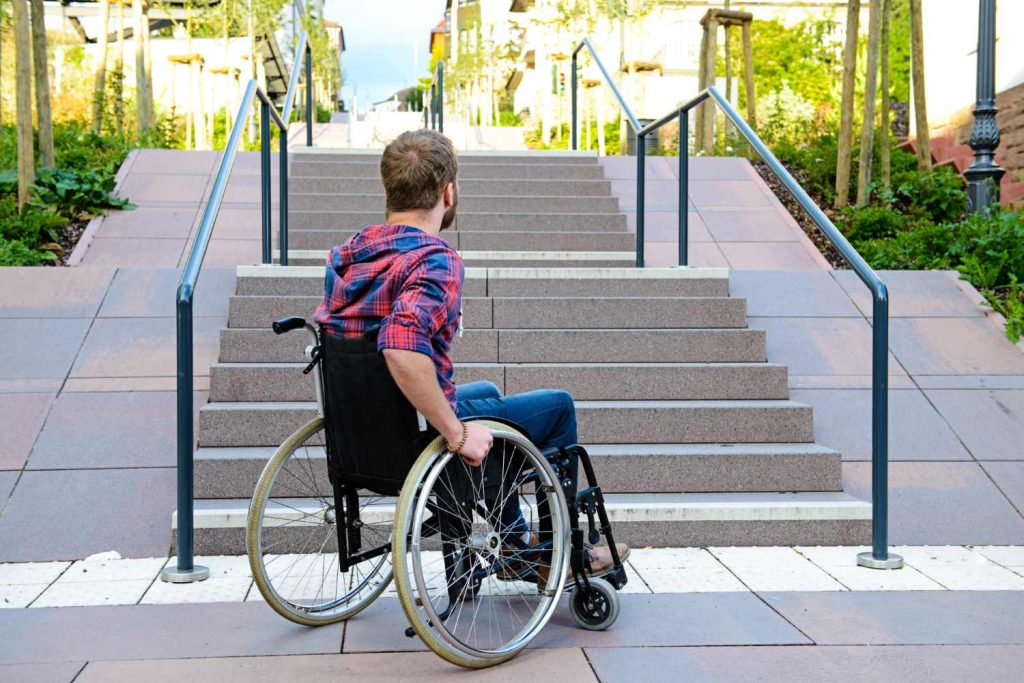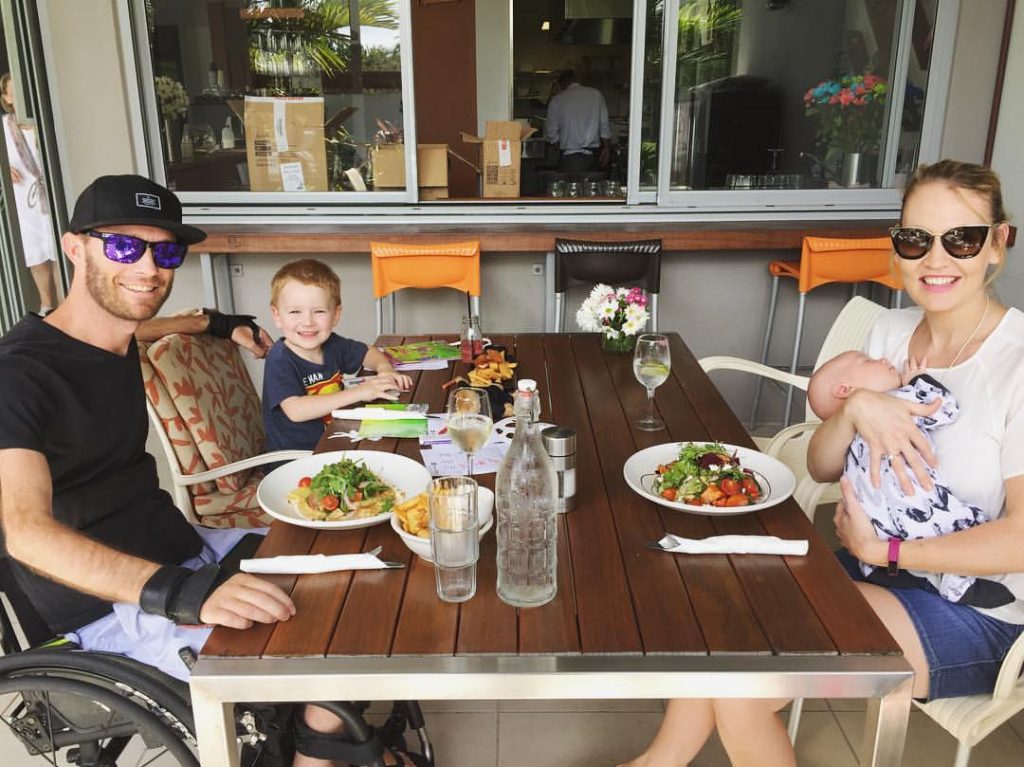
“Reservation for two please: 1 + Wheelchair”
*Audio Blog also available as an alternative format. Press “play” on the above sound bar to listen to an audio version of the below blog.
“Reservation for two please: 1 + Wheelchair”
At the risk of “speaking out of school”, I’d like to pose a question: In Australia, in 2017, is it my responsibility to notify a business of my access needs or should it in fact be the responsibility of the business to cater for them regardless?
I personally (and professionally) dream of the day!
Most people wouldn’t relate to this but I often dream about how nice it would be to make a reservation and not have to speak about my disability (or “special needs”). Unlike my able-bodied compatriots, when I make a reservation, whether I’m booking a table at restaurant, a hotel, a taxi, a plane fare (the worst), a concert ticket or even to see my local dentist, I don’t just get to part with just my name and best contact number. I’m also required to discuss my access needs, discuss my disability, discuss why I’m “special”.
How’s this for a paradigm shift: If all businesses/services were universally accessible, my access needs wouldn’t actually be deemed as “special”. In fact, they wouldn’t actually need to be mentioned (or specially catered for) at all!
Let me repeat that to let it sink in…
“If all businesses/services were universally accessible, my access needs wouldn’t actually be deemed as “special”. In fact, they wouldn’t actually need to be mentioned (or specially catered for) at all!”
Here’s an example: Last week I booked flights for my family to travel to Hamilton Island. One and a half hours later, after divulging my every piece of personal information possible – from my inability to walk up a flight of stairs through to the type/size of batteries in my powered wheelchair – I still hadn’t secured a seat on the plane. It actually took another two x 1-hour phone calls to finally have my flight sorted. My point is; a booking that able-bodied people can usually do online in 5 minutes flat, took me three and a half hours!
Insert paradigm shift: If planes were built with accessibility in mind and, like taxis, buses and ferries, had dedicated seating for wheelchair users… Problem solved!
Okay, okay, well, if accessible air travel is too much to ask for at this point in access evolution, how about we set the bar a little lower and explore the possibility that I might actually be able to take my wife (Stacey) on a dinner date without having to select a restaurant based on account of its accessibility, rather than what’s on the menu…
Example number 2: When I was “courting” Stacey, not only did I have the everyday challenges that every guy faces when trying to win the affections of a lady (or man), I also felt an added pressure due to the fact that I have a spinal cord injury. I felt as though I had to overcome all of the social stigma that comes with having a disability. I felt that I needed to convince Stacey that being with a wheelchair user isn’t all that different from being with someone who is able-bodied. (This topic is a whole new blog for another day but, even though Stacey had no problem with it, due to social stigma, I felt that I had more to prove.)
So I decided to “put my best foot (wheel?) forward” and book a table at the “finest restaurant in town” (restaurant name withheld). I’d never been there before but this particular restaurant had received great reviews in local media, as well as from friends and colleagues.
“Great,” I thought. “That will win her over for sure!”
I booked a table for two for 6:30pm on a Friday night. Friday came around and Stacey met me at my house, looking stunning. We shared a (maxi-) taxi to the restaurant and, upon arrival, my heart sank. There, at the entrance, was a huge staircase of at least 50 steps leading to the door of the restaurant.
“No worries,” I said, “these places generally have a lift available as well.”
Unfortunately, after searching around the building (twice), this was not the case. The restaurant was completely inaccessible!
I immediately felt the stigma come flooding in: I couldn’t do what “normal” people do. I couldn’t go where “normal” people go. Suddenly, in that moment, I was “the disabled guy that was keeping my new girlfriend from dining at this restaurant.” Fortunately, the Chinese take-away that we ordered on the way home saved the evening and the rest, as they say, is history.

What was my mistake? I had neglected to notify restaurant staff at the time of booking of my “special” needs…
Which brings me back to my question: In Australia, in 2017, is it my responsibility to notify a business of my access needs or should it in fact be the responsibility of the business to cater for them regardless?
Unfortunately, the answer to that question is; “Yes. In many instances, it is still my responsibility.”
Business owners and staff please read on…
Becoming an accessible business and adopting inclusive practices in Australia in 2017 makes perfect business sense. Not only does it fortify your business against complaint under the Disability Discrimination Act, it can increase your revenue and profits.
Almost 20% (1-in-5) of people in Australia have some form of disability. In business terms, that figure represents 20% of your potential revenue. Businesses that aren’t accessible are therefore, potentially, missing out on an additional 20% in customer revenue!
With the current national roll-out of the National Disability Insurance Scheme (NDIS), the prevalence of people with disability accessing businesses/services in their community will increase dramatically. With this increased presence comes increased custom, not only from people with disability themselves, commonly, people with disability also bring with them their friends, family and/or support workers (where required).

On top of this, accessible businesses are also more likely to be frequented by other members of society, including; parents with prams, the elderly, people with temporary injuries (e.g. leg injury requiring the use of crutches). It also makes businesses more efficient: stock can be moved in/out easily and couriers can access/deliver goods more readily.
If you would like to have your business or workplace assessed for accessibility, the team at Inclusive Access Solutions can help you to identify the barriers that may be steering people away from your business.
Yours in Access,
Dane Cross
Director / Access Consultant
Inclusive Access Solutions

